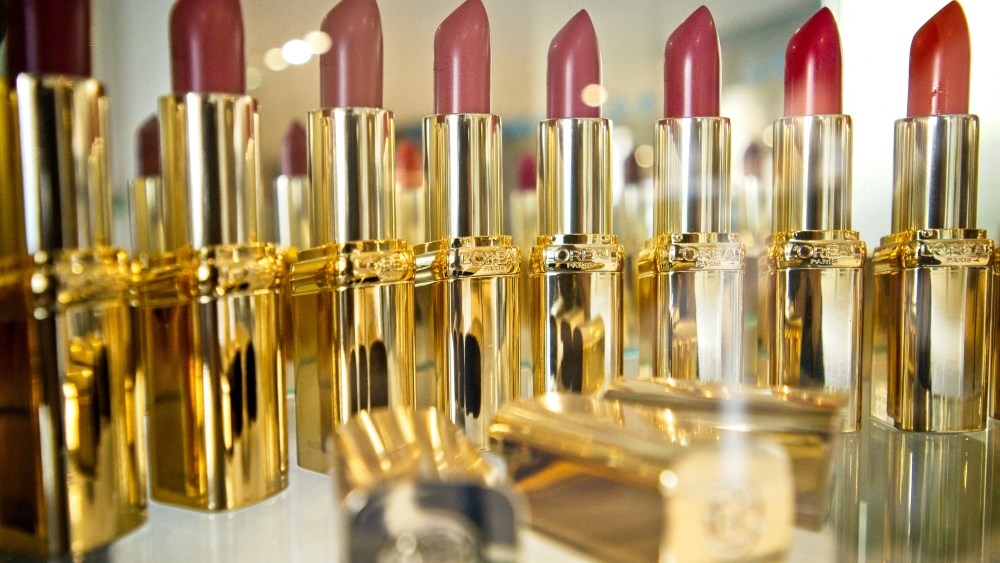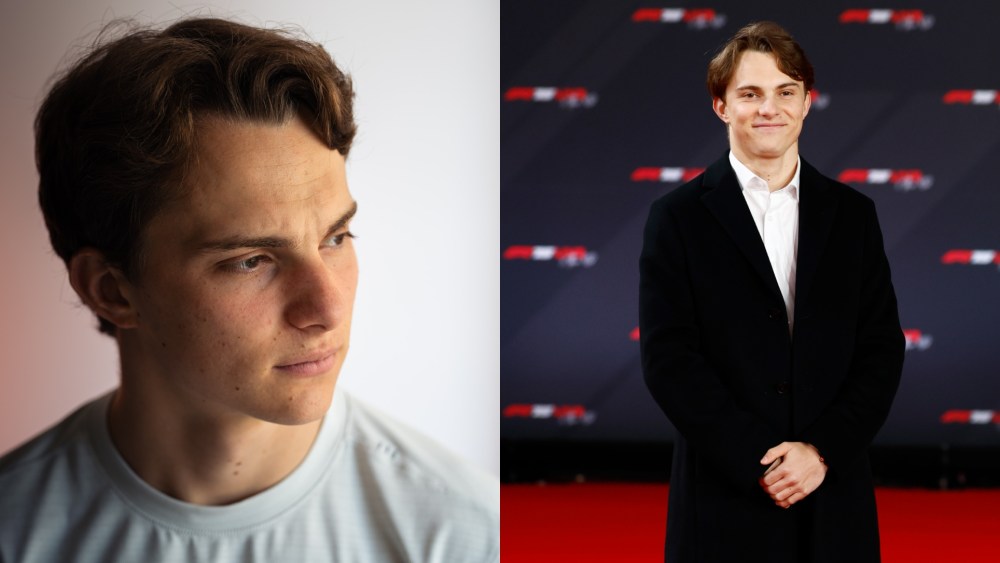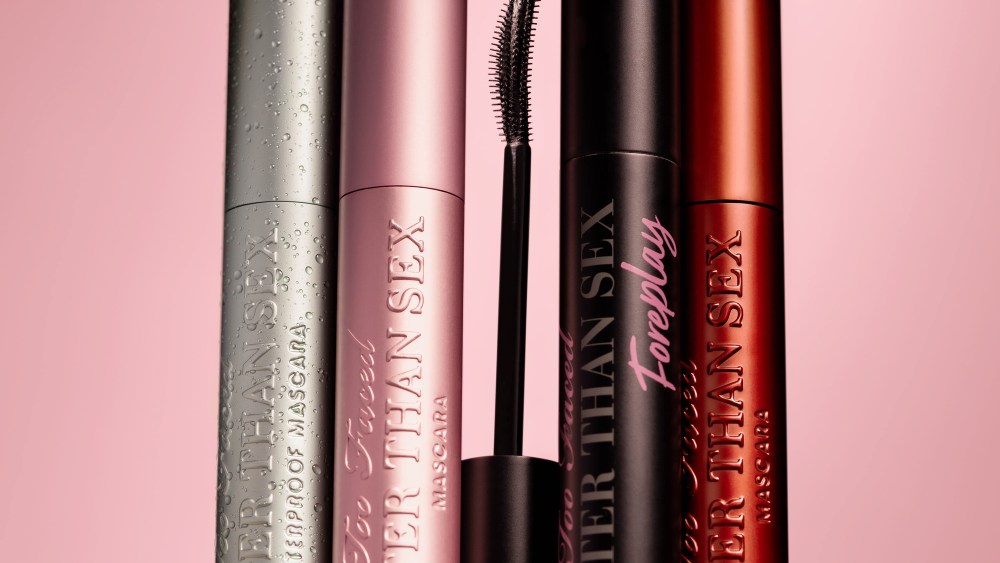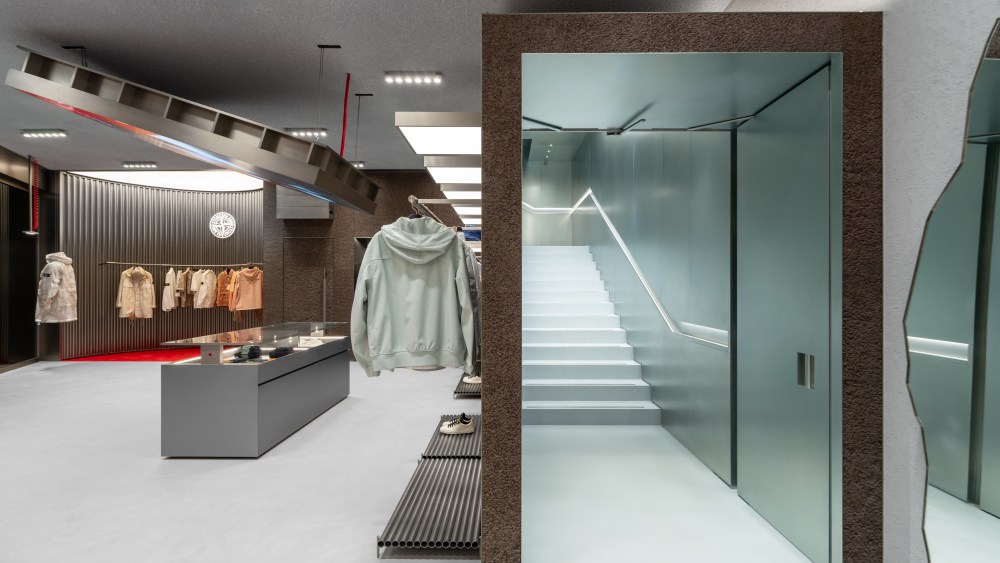Whatever happens in the 2024 U.S. election, beauty executives believe the category will be resilient to any changes in consumer spending.
Some categories, such as apparel, expect to see a dip in spending due to uncertainty surrounding the race between Vice President Kamala Harris and former President Donald Trump, but based on its experience of past election cycles, the beauty industry expects to remain resilient.
Sue Nabi, chief executive officer of Coty, whose brands include Covergirl, Lancaster, Kylie Cosmetics and numerous fragrance licenses, believes the beauty industry’s strength lies in the fact that it is a fundamental need and a fundamental driver of people looking better and feeling better.
Related Articles
“We believe this industry is very different from the consumer goods industry and it’s very different from the luxury goods industry. It has the advantages of both without sometimes the vulnerabilities that we can see here and there,” she said. “It’s really a sweet spot that beauty is operating in, and this sweet spot is about well-being, health, dermatology, but also desirability rituals. All these dimensions are one-of-a-kind in the beauty industry. This is totally immune from any kind of political color. It’s about looking better and is going to be the case for the next million years.”
Tarang Amin, E.l.f. Beauty CEO, told WWD he hadn’t seen an election year impact beauty sales. E.l.f. recently surpassed the significant $1 billion in sales milestone with its affordably priced products.
“We’re only 20 years old, so I can only talk about a few cycles, but we’ve always seen strong results in election years, and we’ve seen strong results in non-election years. So for us, we just keep executing. The great thing about our category is it’s not dependent on what’s going on in terms of the election or anything else coming there, so we remain very bullish on our prospects going forward,” Amin said.
Michel Brousset, founder and CEO of Waldencast, parent company to Milk Makeup and Obagi, added that historically, U.S. elections have had little impact on beauty sales.
“There’s been really zero impact in terms of presidential changes. The beauty of beauty is the resiliency, the constant growth and performance of the category. I don’t think whether Harris wins, or Trump wins, people are going to fundamentally use or not use beauty products. It is completely unaffected by it.”
The U.S. election may not be the cause, but cracks in beauty’s sales growth have started to show as high inflation and economic uncertainty impact consumer spending. Just this week, Bath & Body Works lowered its full year forecast, pointing to consumers tightening their purse strings. Ulta Beauty, too, lowered its full year forecasts, partly blaming a shift in consumer spending.
Sometimes during economic downturns, beauty shoppers trade down to less expensive products, such as during the 2008 financial crisis — but consumers rarely leave the beauty category entirely behind. Leonard Lauder, the chairman emeritus of the Estée Lauder Cos., even coined the term The Lipstick Index to explain that beauty sales often increase during tough times.
The outcome of the election could impact manufacturing costs, though, especially if new tariffs are put on products made in China.
Mandy Fields, E.l.f.’s chief financial officer, said: “We’ve heard in this election cycle that tariffs might be something that comes up. We are already exposed at a 25 percent level on a lot of our items, and so an increase in tariffs is something that we’re keeping our ears open for. We certainly take that very seriously, and want to make sure that we’re prepared in the event that you have to take on additional costs.”



